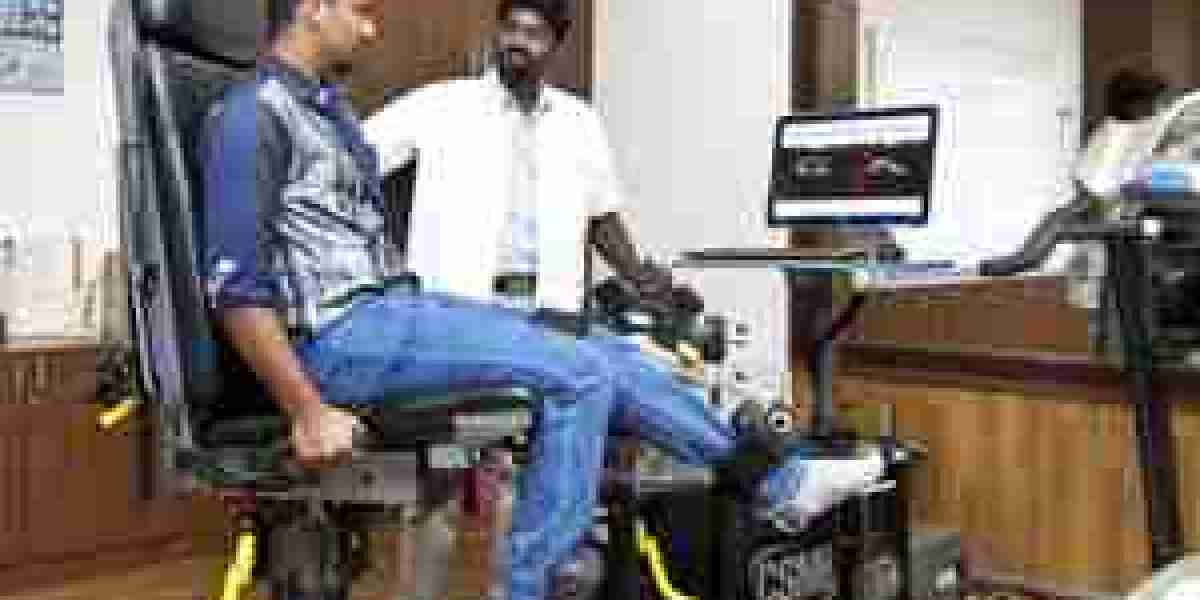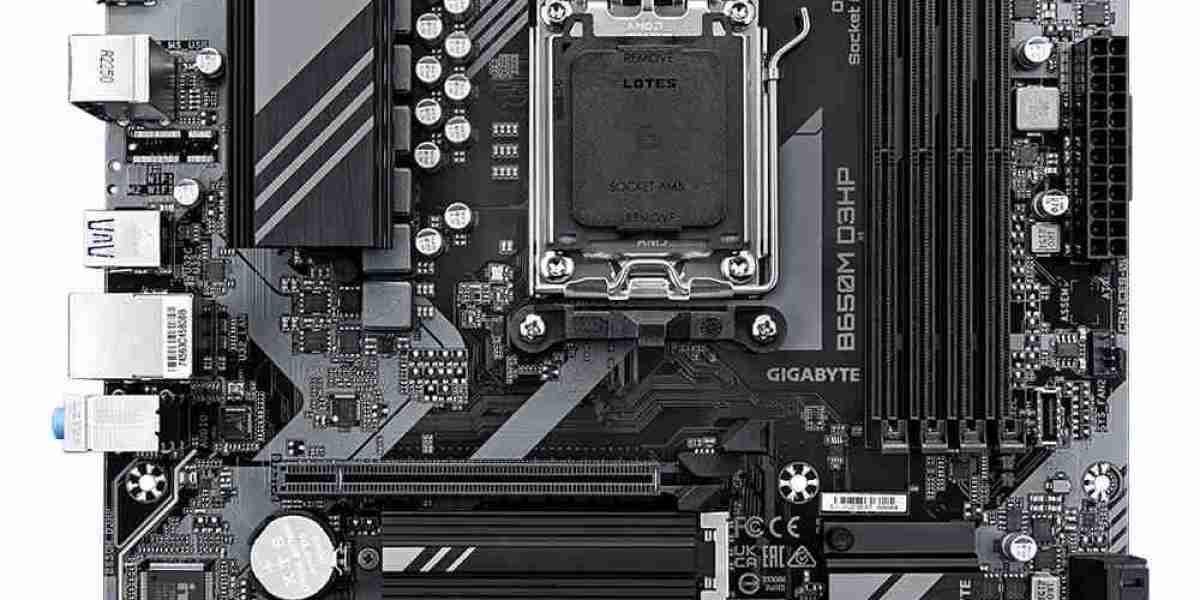Knee pain can gradually take over daily life, affecting everything from morning walks to restful sleep.
When simple activities become difficult, knee replacement surgery often offers a new beginning.
Understanding the journey before and after surgery is essential for a smoother experience and a confident recovery.
Life Before Knee Replacement Surgery
Persistent Pain and Reduced Mobility
Chronic knee pain is often the main reason patients consider knee replacement surgery.
Pain may intensify with walking, climbing stairs, or even standing for long periods.
Over time, mobility is reduced, impacting independence and overall well-being.Relying on Temporary Relief Measures
Patients typically try physiotherapy, painkillers, and injections before choosing surgery.
These methods provide short-term relief but often lose effectiveness as the condition worsens.
Knee braces and walking aids may become necessary for daily functioning.Loss of Confidence and Independence
As pain increases, many individuals feel uncertain about their physical abilities.
Activities like grocery shopping or visiting friends may be avoided due to fear of pain or falls.
This loss of independence can lead to emotional stress and isolation.Consulting an Orthopaedic Specialist
An orthopaedic consultation is the first step toward understanding the severity of knee damage.
X-rays, MRIs, and physical assessments help determine if surgery is needed.
Patients are educated about the benefits, risks, and timeline of knee replacement surgery.Emotional Readiness for Surgery
Facing surgery can be overwhelming, and it's normal to feel anxious or hesitant.
Speaking openly with healthcare providers and family helps ease emotional stress.
Being mentally prepared can significantly impact post-surgery recovery and success.
The Day of Knee Replacement Surgery
Hospital Admission and Preparation
Patients are admitted to the hospital the day before or early on the morning of surgery.
Medical staff conduct preoperative checks to ensure everything is ready.
Anesthesia options are discussed, and the surgical area is marked for accuracy.The Surgical Procedure Itself
During the procedure, damaged bone and cartilage are replaced with an artificial joint.
The surgery typically lasts 1–2 hours and is performed under spinal or general anesthesia.
Advancements in techniques ensure higher precision and reduced recovery time.Immediate Postoperative Care
After surgery, patients are monitored in a recovery room for a few hours.
Pain management begins immediately to ensure patient comfort.
Early movement is encouraged to prevent complications and promote circulation.
Life After Knee Replacement Surgery
Hospital Stay and Early Recovery
Most patients stay in the hospital for 3–5 days after surgery.
Physical therapy begins within 24 hours to regain joint movement and strength.
Support from trained physiotherapists ensures exercises are safe and effective.Pain Management and Healing
Mild to moderate pain is expected and is controlled with medications and rest.
Ice packs and elevation help reduce swelling around the operated knee.
Healing continues over the next several weeks with regular follow-ups.Physical Therapy and Daily Goals
Rehabilitation is a critical part of recovery after knee replacement surgery.
Daily exercises improve flexibility, muscle tone, and balance.
Patients gradually move from assisted walking to unassisted mobility.Resuming Normal Activities
Many patients return to basic daily activities within 4 to 6 weeks.
Driving, cooking, and gentle walks are often possible after the first month.
More strenuous tasks and hobbies are resumed gradually under medical guidance.Lifestyle Adjustments for Long-Term Success
A healthy weight reduces strain on the new joint and improves outcomes.
Low-impact activities like swimming, yoga, or cycling are recommended.
Ongoing physiotherapy and regular check-ups help maintain joint function.
Emotional Recovery and Social Life
Regaining Independence and Confidence
The ability to walk without pain greatly improves emotional well-being.
Patients often feel more confident and capable as they regain mobility.
Returning to social life and routines brings a sense of joy and normalcy.Dealing with Post-Surgical Emotions
Some individuals may experience mood changes or post-surgery blues.
Support from family, friends, or a counselor can ease emotional transitions.
Setting small goals and celebrating progress builds a positive mindset.Support from the Healthcare Team
Post-surgical care involves regular visits to the orthopaedic surgeon.
Expert guidance ensures that recovery stays on track and complications are avoided.
Clear communication between patient and provider supports a successful outcome.
Choosing the Right Orthopaedic Care in Chennai
Experience and Expertise Matter
Look for a hospital with a strong track record in knee replacement surgery Chennai.
Skilled surgeons, state-of-the-art technology, and personalized care improve outcomes.
Specialized orthopaedic hospitals offer comprehensive support throughout the journey.Holistic Patient Care Approach
The right care goes beyond surgery—it includes education, rehabilitation, and follow-up.
A caring environment where patients feel heard and supported is vital.
Dedicated physiotherapy teams play a key role in successful recovery.Questions to Ask Before Surgery
Patients should feel empowered to ask about the type of implant used.
Inquire about the recovery plan, rehabilitation support, and long-term care.
Transparency and trust are essential when choosing a surgical team.
Conclusion
Knee replacement surgery offers renewed mobility and relief from chronic pain when done at the right time with expert care.
For those seeking knee replacement surgery in Chennai, Soundarapandian Bone and Joint Hospital provides compassionate, comprehensive orthopaedic care.
With a commitment to healing and patient well-being, it stands as one of the leading centers for knee replacement in the region.








